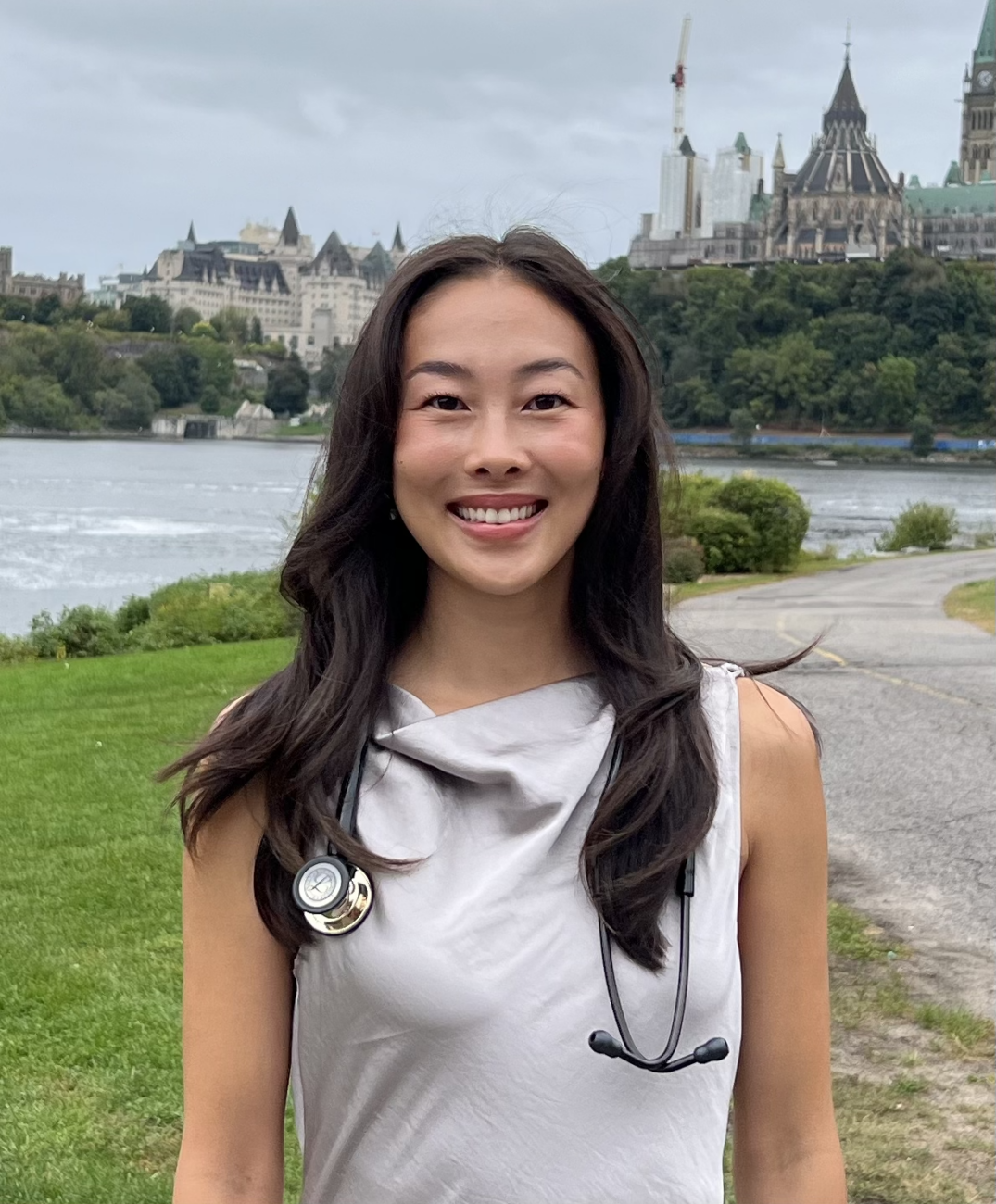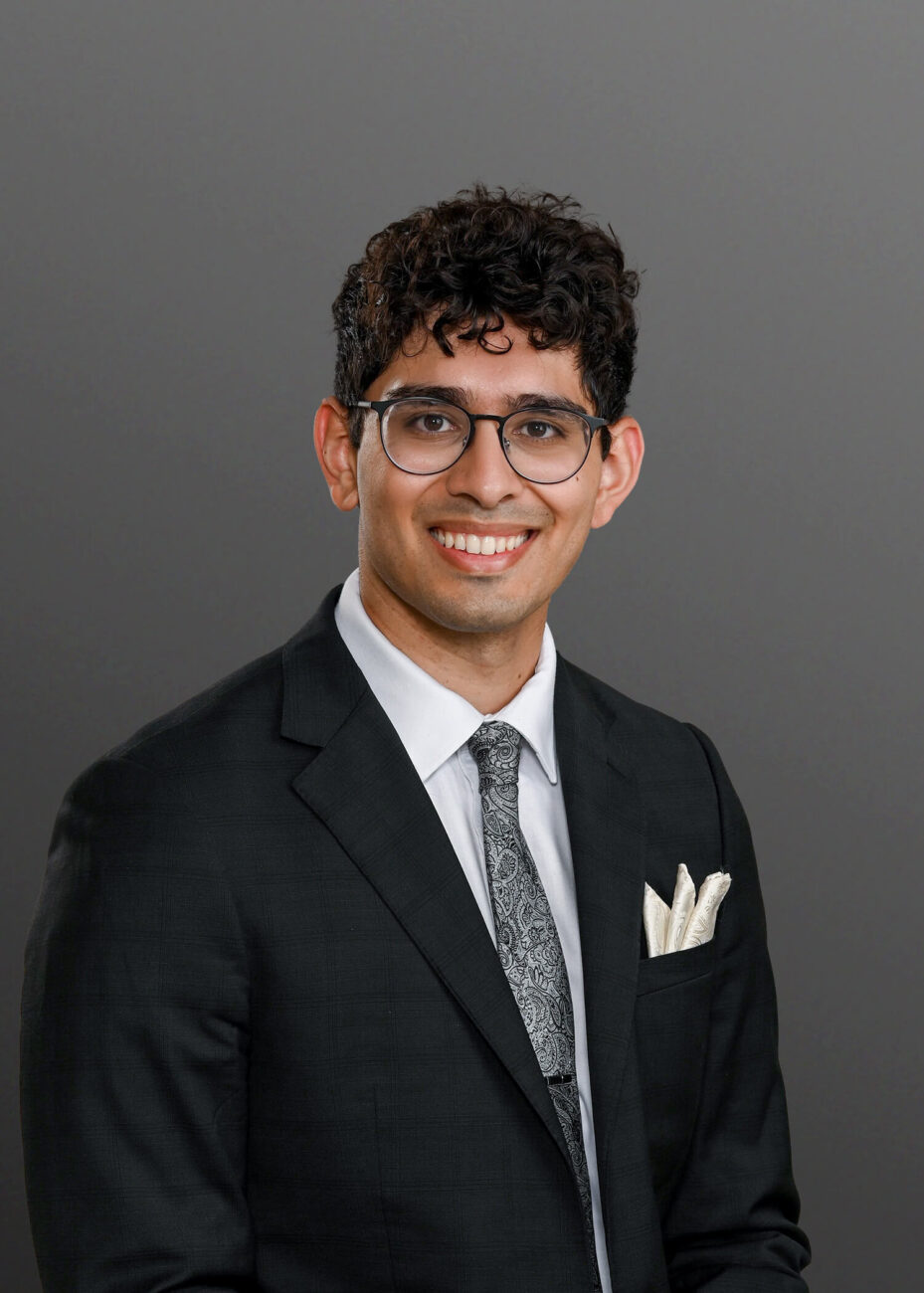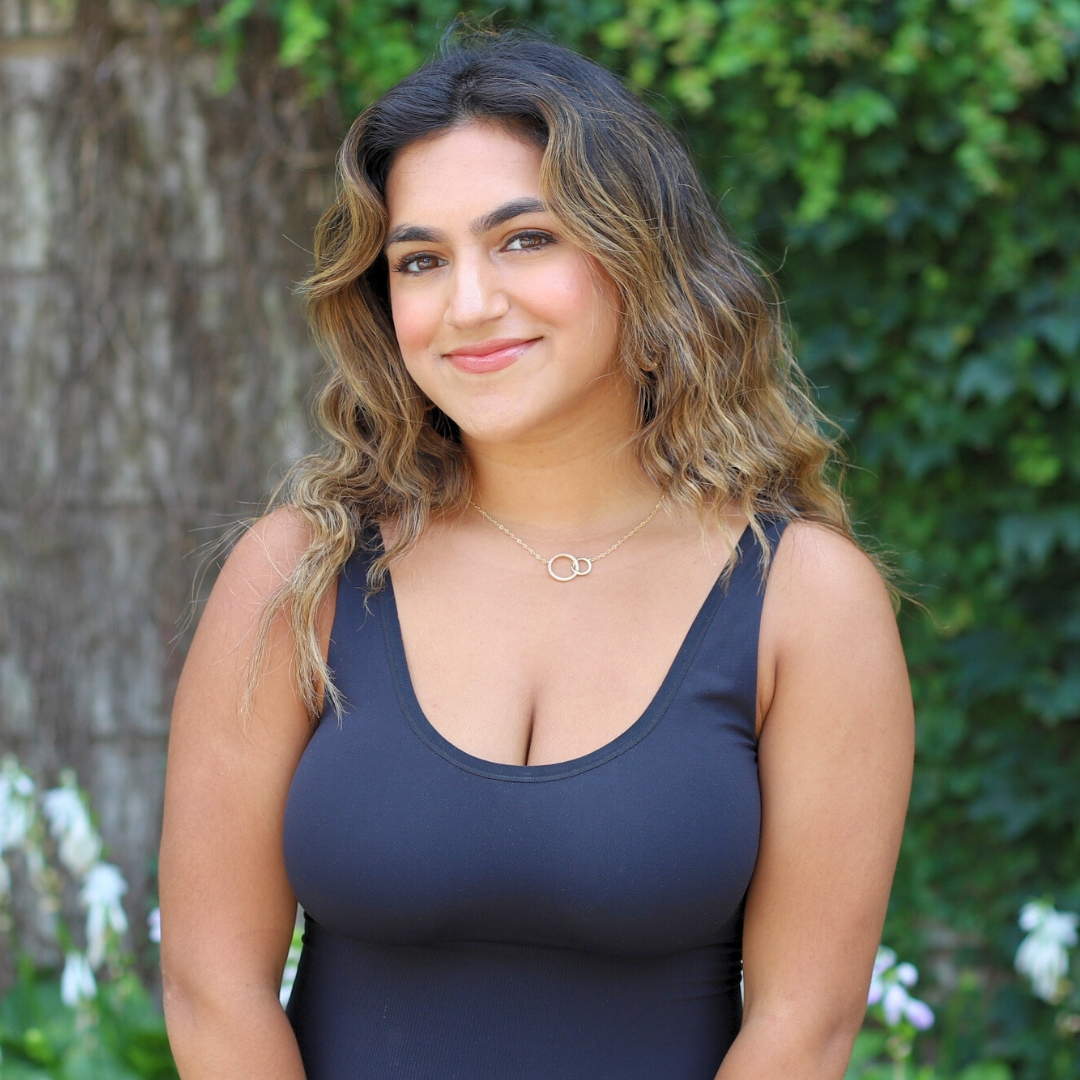TWO UNIVERSITY OF OTTAWA MEDICAL STUDENTS TALK ABOUT THE PERSON BEHIND THE WHITE COAT
Everyone’s heard the stories: the long nights, the pressure to perform, the endless studying. Medical school has a reputation, and for good reason. But what you don’t always hear about are the quiet lessons students learn along the way. The adjustments to your mindset, the emotional curveballs, and the moments of clarity that don’t show up in a syllabus.
The Fulcrum met with two medical students at the University of Ottawa to learn better about their experiences and what they would have done differently if they were to restart. Adir Baxi, a fourth-year heading into an anesthesiology residency at UBC, and Camilyn Cheng, a first-year with a background in neuroscience. We asked them three simple questions: What do you wish you knew before starting medical school? How do you handle burnout and imposter syndrome? And what advice would you give your pre-med self?
What followed was a motivating and helpful conversation that every pre-med (and frankly, every student) should read.
Lesson #1: You are more than just a medical student
When Baxi was asked what he wished he had known earlier, his answer came without hesitation: “Don’t let medicine consume you as a person.”
“There’s a lot of pressure to study constantly, to be doing research, shadowing, volunteering, all of it,” he said. “But I’m really glad I took the time early on to enjoy life outside of medicine. Because once things get hectic, those good memories become something to lean on.” That theme, the idea that life doesn’t stop because you’re in med school, came up again and again.
Cheng, who’s just finishing her first year, echoed that sentiment. “I’ve found it really important to take out time for myself,” she said. “Every Tuesday, I play volleyball with my intramural team. That hour is non-negotiable. It helps me reset.”

She also has weekly dinners with family members in Ottawa and FaceTime calls with her parents every night. “It sounds simple,” she said, “but those little moments remind me there’s a world outside of lectures and exams.”
Lesson #2: It’s okay to feel lost. Everyone does.
One of the most comforting things that came up in our chat was the normalization of not having it all together.
Cheng shared that she expected her medical education to be more black and white, that diseases would have clean definitions, diagnoses would be clear, and answers would feel obvious. But then, she quickly realized that a lot of medicine lives in the gray areas.
“There’s this idea that you’re supposed to have everything figured out right away,” she said. “But it takes time to feel comfortable, even with how you study. I’m still adjusting. Feeling overwhelmed is normal.”
For Baxi, those early feelings of imposter syndrome never totally disappeared, but he learned how to manage them. “Everyone in your class is going to be accomplished. Everyone’s done amazing things. You start wondering where you fit in,” he explained. “But focusing on your own strengths, your own niche, is important. You can’t be great at everything, and nobody else is either. So you find your thing and lean into it.”
Lesson #3: Stop comparing yourself to everyone else.
Both Baxi and Cheng talked about how dangerous and easy it is to fall into the trap of comparison. Medical school environments are filled with high achievers, and it can be hard not to look sideways. Someone is always publishing more, shadowing more, or already planning their residency two years in advance. And in that noise, it’s easy to feel like you’re somehow behind.
“It’s such a trap,” Cheng said. “You start thinking, ‘She’s done more research than me,’ or ‘He already knows what specialty he wants.’ But the truth is, we’re all figuring it out in our own way.” Instead of chasing what everyone else is doing, refocus on why you wanted to pursue medicine in the first place. “That passion is what matters. Not the resume-building, not the race.”
Lesson #4: There is no right timeline
If there’s another thing both students pointed out, it’s that everyone’s path into med school looks different, and that’s okay.
Cheng graduated from a master’s degree before applying and admitted she felt behind at first. “It stressed me out a bit, knowing there were people who got in earlier than me,” she said. “But honestly? Those extra years made me more confident and more sure of what I wanted. I’m not the same person I was when I graduated undergrad, and I think that’s a good thing.”
Baxi had a similar experience. “I studied translational molecular medicine and realized pretty quickly that I didn’t love benchwork, but when one door closes, another one opens, and something else even better, often comes along, and honestly, you don’t really see that when you’re kind of down in the dumps about the bad thing that happens.”
Lesson #5: Don’t lose the things that make you you
When asked what advice they’d give to their pre-med selves, both students lit up, not because they had all the answers, but because they’ve come so far from the uncertainty of their pre-med years.
“Keeping up your hobbies and not letting that go throughout the entire process was really important rather than just [being] some studying machine, and something I wish I did even more,” Baxi explained.

“Another thing that was really important for me is that having a big focus on keeping those long term relationships and commitments throughout pre-med and even into medical school is really good. You really are a person outside of the occupation you chose, and if you forget that, then you kind of fall deeper and deeper into the trap of being stressed and burning out in that regard.”
Cheng’s advice was just as heartfelt: “Be open about what you’re going through. I was shy to talk about applying because I didn’t want to feel judged. But it helps so much to talk to people who are going through the same thing.”
Lesson #6: You Will Get Through It
Baxi and Cheng both made it clear that there are hardships along the journey to and through medical school. It’s stressful, unpredictable, and full of times when you might doubt yourself. “But those moments are part of the process,” they both agreed.
“Sometimes you have to put yourself in those uncomfortable and stressful situations in order to learn from them and to grow from them,” Baxi mentioned.
And Cheng reminded everyone, “There’s no shame in needing support. You’re never the only one feeling the way you do.”
So to any future med students reading this: It’s okay to take your time. It’s okay to feel overwhelmed. You are not alone. And no matter how twisty your path may look, you’re exactly where you’re supposed to be. And if you ever forget that, remember what Adir Baxi said, “It’s not a race, it’s a marathon, and you’re not able to make it to the end if you’re not taking care of yourself in between.”









